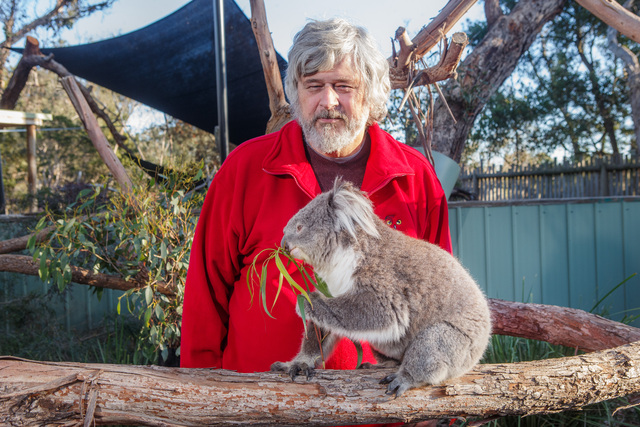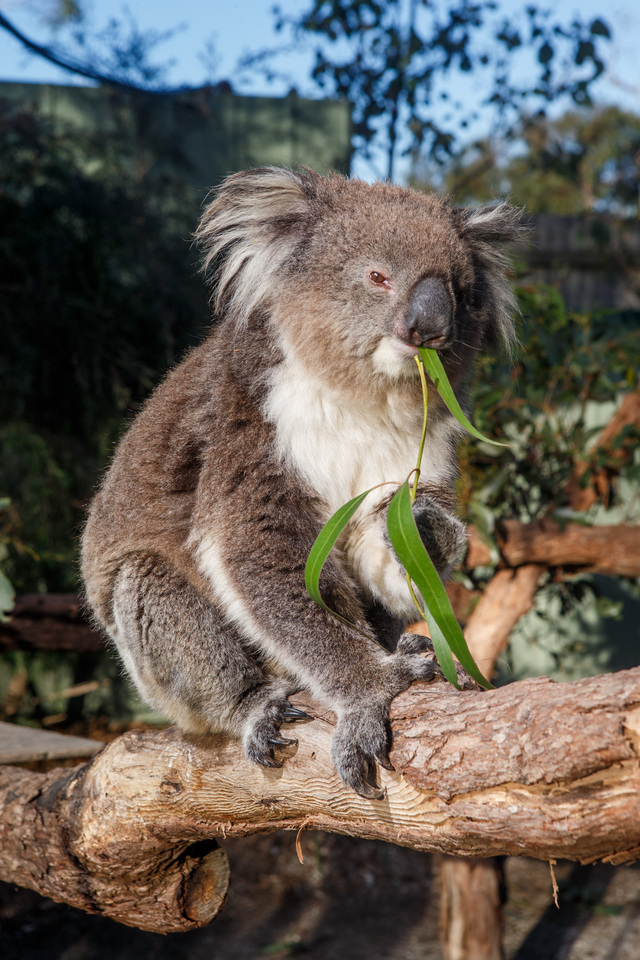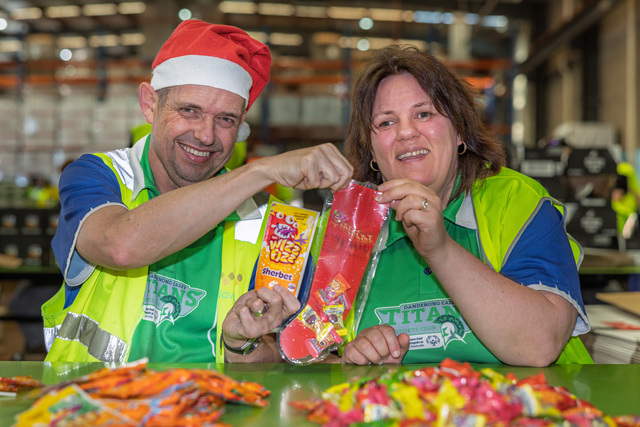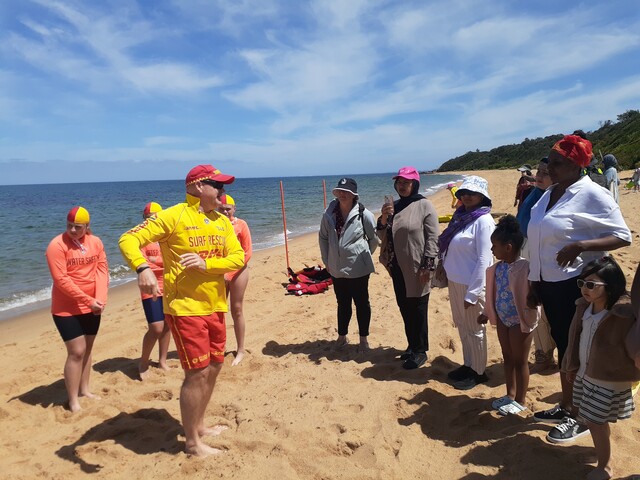The Western Port Biosphere Foundation and Moonlit Sanctuary Wildlife Conservation Park are embarking on a three-year joint project to link koala habitats within the UNESCO Biosphere Reserve to ensure a healthier and more resilient population.
The project, called The Western Port Koala Corridor, will involve local landowners who help by providing land and accepting tree plantations. Over 50,000 trees are planned to be planted in the next three years across the region.
“Basically, it’s the idea that we’ll have a koala highway. That would be above trees so they can take it from one area to another,” Moonlit Sanctuary founder and director Michael Johnson said.
“What we’re trying to do is link up koala habitats and give koalas more opportunities to move around.
“If they’re in one small group, they’ll become inbreed and die out in that area, or they could overgraze the trees sometimes too.”
The corridor project continues to build on the extensive work done by the Mornington Peninsula Koala Conservation group, the Mornington Peninsula, Western Port and Bass Coast Landcare Networks and other Landcare and Friends groups and local councils.
The project will turn genetic research on local koala populations conducted over the past year by the Biosphere Foundation’s Kelly Smith, who will play an integral role in ensuring her findings translate into effective prioritisation and planning for the naturelink developments.
According to Mr Johnson, koalas usually climb up a tree and stay there for two or three days.
“They eat the nice leaves they like, then they’ll come down and want to move on. What we don’t want them to do is roam, run across farmland where they might come across dogs or run across busy roads,” he said.
“The biggest threats to koalas are loss of habitat, quality of habitat, land clearing which is often for housing, especially up north in Queensland and New South Wales.
“And when you get more people, you get more cars, cats and dogs, and both are problems.”
Western Port Biosphere chief executive officer Mel Barker said the collaboration with Moonlit Sanctuary was an exciting new phase in the partnership, which began with contributions from the Biosphere Foundation to Moonlit Sanctuary’s successful program to save the Orange Bellied Parrot.
“As science-based organisations, we are committed to ensuring our research translates into tangible outcomes for the maintenance of biodiversity and the restoration of healthy habitat and the populations of native animals it supports,” she said.
“While we have some core funding, public donations through our ‘Join the Dots for Nature’ campaign will enable us to construct a more extended network of naturelinks.”
The Western Port Biosphere embraces the entire Mornington Peninsula and overlaps the cities of Frankston and Casey, the shires of Cardinia and Bass Coast, as well as the entire Western Port marine zone, including French Island, Phillip Island and internationally acclaimed Ramsar wetlands.
To support the project, visit: https://www.biosphere.org.au/donate








